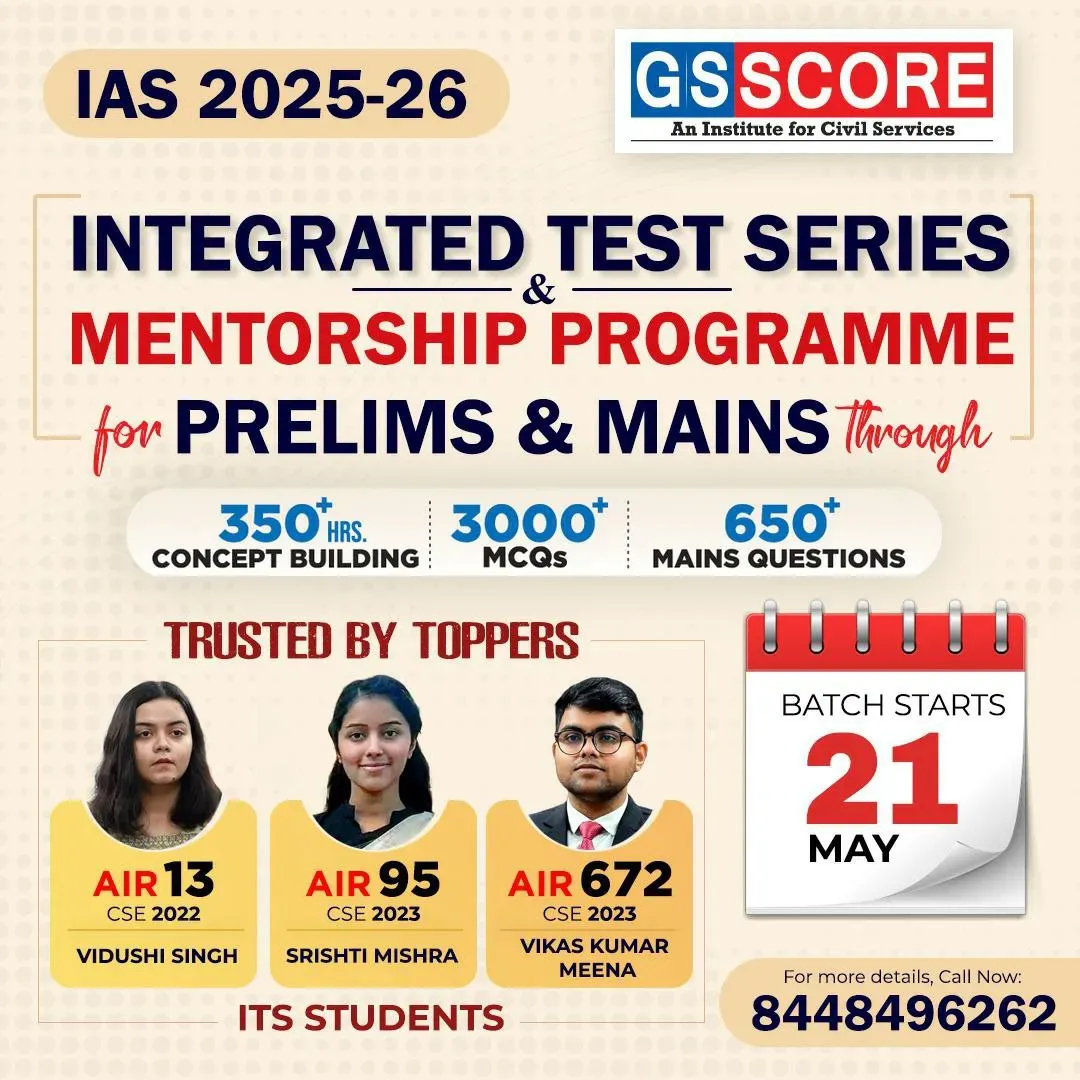

7th May 2024 (16 Topics)
Context
India is engaged in a critical discussion regarding the constitutional validity of reservation, particularly concerning religion-based quotas.
1: Dimension- Interpretation of Equality:
- The Constitution emphasizes equity over mere equality, allowing for special measures to address historical inequalities to address inequalities and promote social justice.
- Article 16(4): Enables the state to provide reservation for backward classes not adequately represented in government services.
- First Constitutional Amendment: Introduced Article 15(4) allowing special provisions for socially and educationally backward classes, SCs, and STs.
- Article 15: Prohibits discrimination based on religion, caste, sex, race, or place of birth.
- Reservation is seen as an extension of equality, not an exception, as per Supreme Court's interpretation in State of Kerala vs N M Thomas (1975).
- Interpretation of Articles 15 and 16: Crucial word is 'only,' implying that any group considered weaker under Article 46 or as a backward class is entitled to special provisions for advancement.
- The judiciary interprets equality dynamically, allowing for special provisions like reservation to achieve substantive equality.
- Reservation is seen as an extension of equality, aiming to uplift marginalized groups.
2: Dimension- Muslim Reservation:
- Reservation for Muslims has been implemented within the OBC quota without reducing quotas for SCs, STs, or OBCs.
- Muslim castes have been included in OBC lists based on social backwardness criteria.
- Some Muslim castes were granted reservation not solely because of their religion, but because they were classified as backward classes.
- This reservation didn't diminish quotas for SCs, STs, or OBCs; instead, it established a sub-quota within the OBC category.
- Inclusion by Mandal Commission: Mandal Commission, like various states, added several Muslim castes to the OBC list.
- Panel Recommendations: Committees like the Sachar and Misra panels highlighted the backwardness of Muslims, suggesting reservation measures.
- Courts have upheld the constitutionality of Muslim reservation, emphasizing social backwardness as a criterion.
- Supreme Court ruling in Indra Sawhney (1992) emphasized that any socially backward group, irrespective of identity markers, qualifies for backward class status if meeting predefined criteria.
- The Supreme Court has held that equality is a dynamic concept with many aspects and dimensions, and it cannot be “cribbed, cabined and confined” within traditional and doctrinaire limits (E P Royappa vs State Of Tamil Nadu, 1973).
- State Examples:
- Kerala and Karnataka have historically provided reservation for Muslims within the OBC category.
- Tamil Nadu introduced a sub-category for backward Muslims within the OBC quota.
- Andhra Pradesh and Telangana proposed reservation for OBC Muslims, facing legal challenges due to lack of proper identification of backwardness.
More Articles


